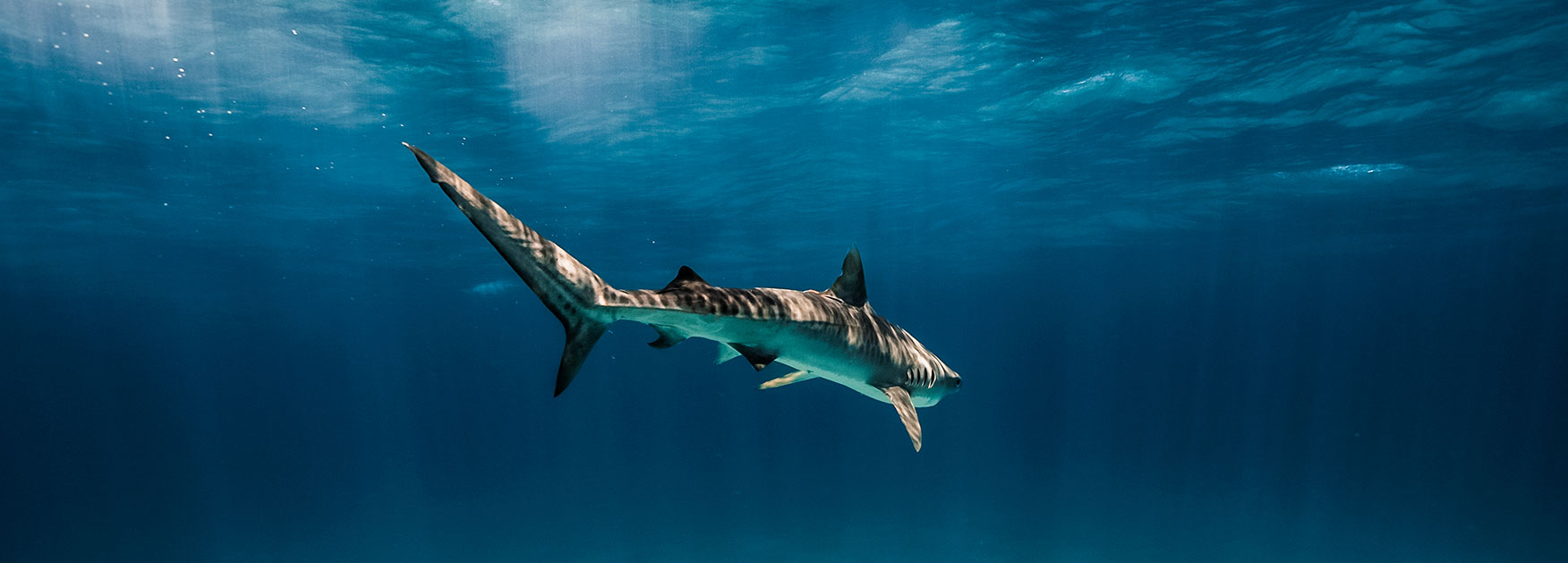
The Maldives is one of only seventeen shark sanctuaries in the world and provides a safe haven for more than thirty-one species of shark, twenty-nine of which are globally threatened. As we know, sharks are charismatic ecosystem engineers and are crucial for the Maldives marine ecosystem and its local fishing and tourism industries. Sharks maintain ecosystem balance, promote herbivore abundance, help coral reefs to fight climate change, and encourage phytoplankton growth by transporting nutrients from the deep to the shallows. In 2016, shark divers brought over US $65 million to the Maldives local economy, and skipjack tuna fishermen report that healthier shark populations help their fishery by making it easier for them to locate tuna schools out at sea.
Earlier this month, statements from key government officials in the Maldives raised global alarms about the future of this ban. Alongside over 200 international stakeholders in the conservation space, we submitted a joint statement asking the Maldives to uphold their ban on shark fishing, and investigate the black-market trade of shark fins and products in the Maldives. We are so happy to hear that this international message was received, and the ban remains in place.
To further our commitment to protecting this vibrant and shark-safe region, we are proud to support a new initiative from Ocean Ramsey and Juan Sharks, of One Ocean Conservation—helping protect vulnerable marine life in the Maldives. Year-round, the Maldivian island of Fuvahmula is surrounded by hawksbill sea turtles, tiger sharks, thresher sharks, scalloped hammerheads, whale sharks, oceanic mantas, and more.
The biggest threat to this remote ecosystem is marine debris and plastic pollution, harming both people and the planet. We are proud to sponsor a water filtration system for a local family home on this very unique and significant-to-marine-life island. Learn more by visiting Save The Sea Turtles International, and help this small community transition to more sustainable eco-friendly alternatives and further show there is value in protecting marine life.










